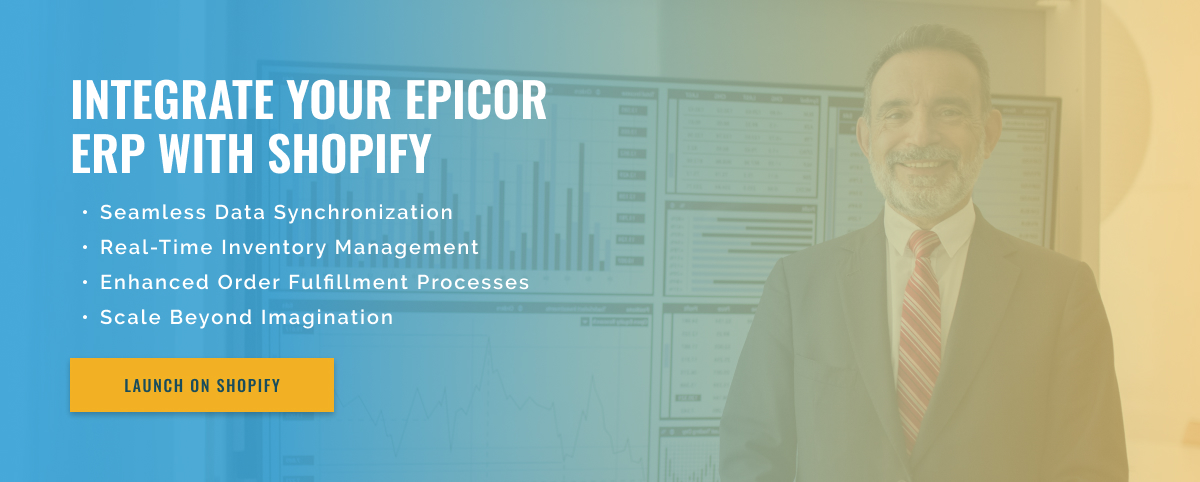3 minute read
Maximizing Your Shopify and Epicor Integration
Shopify and Epicor are two powerful platforms that can help businesses immensely with eCommerce and inventory management. However, integrating these two systems can be quite a challenge. Without proper planning and execution, it can lead to a lot of problems and setbacks for your business. In this blog post, we will discuss the best practices to ensure a successful Shopify and Epicor integration.
1. Plan and strategize before you start the integration: Before integrating Shopify and Epicor, it is extremely important to have a solid plan and strategy. Take the time to understand your business processes and how the two systems work together. Identify potential roadblocks and think of solutions in advance. This helps avoid unexpected issues during the integration process.
2. Ensure data consistency: Data consistency is essential when integrating two systems. Make sure that the data fields in Shopify and Epicor are aligned and the data is organized in a similar format. This prevents data discrepancies and ensures a smooth transfer of data between both systems.
3. Use a reliable integration solution: Using a reliable integration solution can make the integration process more efficient and smooth. There are many integration tools available in the market that can help you easily connect Shopify and Epicor. They offer ready-made connectors and solutions that can be customized to suit your business needs.
4. Test before going live: It’s always best to test your integration before going live. This will help you identify and resolve any issues in the integration process. Testing also helps ensure that data is transferred accurately between both systems. Be sure to test everything from product lists to order fulfillment to avoid post-integration issues.
5. Train your team: Training your team on how to use the integrated systems is crucial to a successful integration. Your staff should be familiar with both Shopify and Epicor and know how to use them together. This helps avoid misunderstandings and increases productivity.
6. Monitor the integration: Once the integration is live, it’s important to monitor it regularly. Monitor any errors or discrepancies and resolve them immediately. This prevents major issues from arising and helps ensure that the integration runs smoothly. Integrating Shopify and Epicor requires careful planning and execution.
By following these best practices, you can ensure a successful integration that will help streamline your business processes and increase overall efficiency. With a well-integrated system, you can provide your customers with a seamless shopping experience and more.

